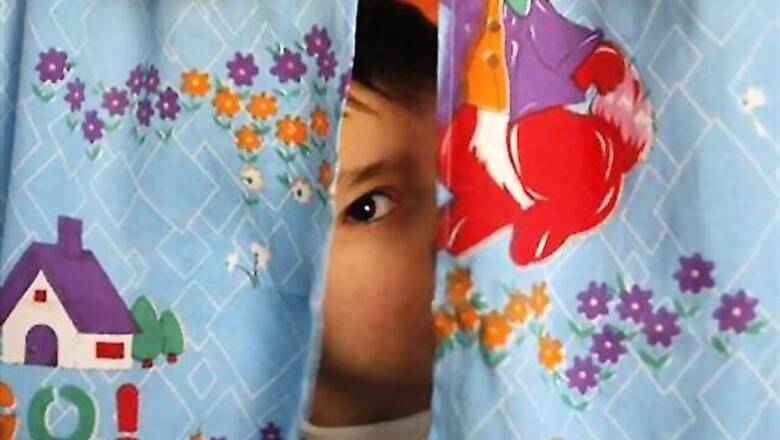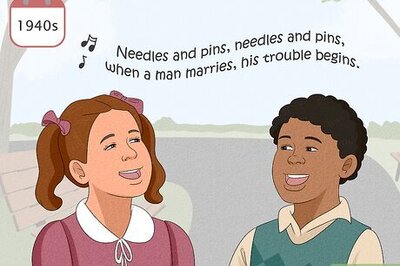
views
Washington: Parents with an autistic child are less likely to have more kids, which may be the result of a parental choice or circumstance rather than a reproductive problem, according to a new study.
Researchers at the University of California, San Francisco (UCSF) found that parents who have a child with autism spectrum disorder (ASD) are about one third less likely to have more children than families without an affected child.
The findings, which appear in the journal JAMA Psychiatry, stem from the largest study of its kind on further child bearing after a kid has been diagnosed with the disorder. "While it has been postulated that parents who have a child with ASD may be reluctant to have more children, this is first time that anyone has analysed the question with hard numbers," said Neil Risch, a UCSF professor of epidemiology and biostatistics and director of the UCSF Institute for Human Genetics.
Most previous research into the heredity of autism has ignored a possible decision on the part of parents with affected children to reduce their subsequent child-bearing, a situation that occurs with some birth defects and has been termed 'reproductive stoppage'.
As a result, previous estimates of the odds of having a second child with the disorder may have made the risk appear lower than it actually is, researchers said. Using California state health records, the authors identified 19,710 families in which a child with ASD was born between 1990 and 2003. The families were matched with 36,215 control families without an ASD-affected child.
Overall, families whose first child had ASD were one-third less likely to have a second child than control families. Families in which a later-born child was the first to be affected by ASD were equally less likely to have more children.
Researchers said that subsequent childbearing appeared to be normal until the time an affected child would typically start to show symptoms or be diagnosed, indicating that the stoppage was likely the result of a parental choice or circumstance, rather than a reproductive problem.
The scientists found that when reproductive stoppage was taken into account, the odds of having another child with ASD significantly increased. Ignoring stoppage, the so-called recurrence risk (likelihood of another affected child) is 8.7 per cent for full siblings and 3.2 per cent for half-siblings from the same mother. Taking stoppage into account, the recurrence risk becomes 10.1 per cent for full siblings and 4.8 per cent for maternal half-siblings, researchers found.



















Comments
0 comment